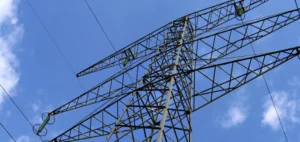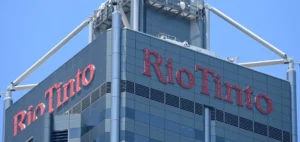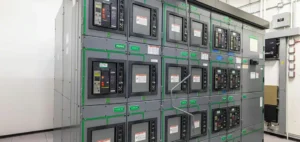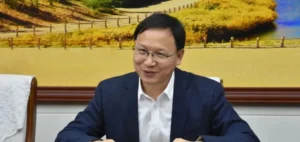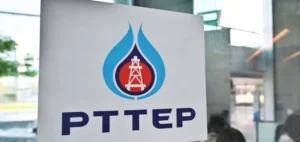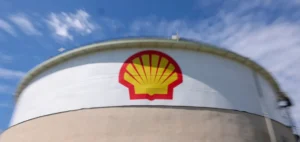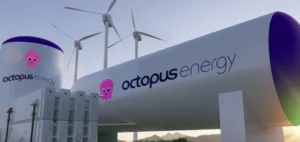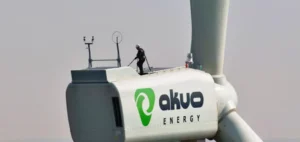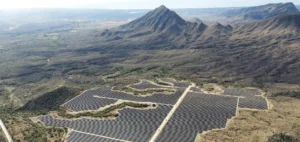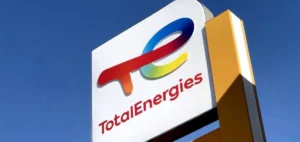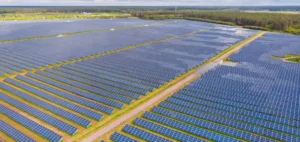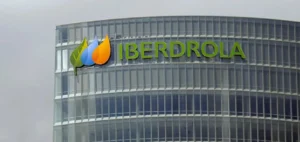In July, Masdar launched a $750 million green bond issue on the London Stock Exchange. CFO Niall Hannigan announces that this is the start of a $3B program to reach a 100 GW global portfolio by 2030. These funds finance wind, solar and battery projects, particularly in developing economies.
Opening up to non-traditional markets
“Green bonds give us access to a whole new pool of liquidity for wind, solar and battery projects, many of which are located in developing economies or facing climate challenges,” said Hannigan. This liquidity represents a risk for Masdar, not for the developing economy, he added. “This is how we use the green bond, by channelling funds to otherwise inaccessible markets,” he added.
Hannigan points out that green bonds offer access to otherwise inaccessible markets. They enable Masdar to take project risks rather than the risks associated with developing economies. This model also aims to reduce the funding inequalities between developed and developing countries, a key theme of recent UN climate summits.
“We’re not overly exposed to any specific technology or geography – bond investors were interested in our diversified global portfolio,” said Hannigan. “The Gulf represents an important growth market for us, covering green hydrogen production capacity in the United Arab Emirates and Saudi Arabia. The Middle East and North Africa are also key regions, and through our joint venture Infinity Power Holdings, we have acquired a platform with projects in Egypt, South Africa and Senegal,” he added.
Diversification of Financing and Risks
Masdar emphasizes the innovative aspect of its approach to project financing. Its 500 MW wind farm at Zarafshan in Uzbekistan saw the involvement of commercial banks in the financing for its construction.
“We have been working with export credit agencies to find appropriate risk allocation solutions for all. We’re looking to diversify the pool of project finance away from traditional development finance institutions, bringing commercial banks into the equation,” said Hannigan.
Diversified and Ambitious Portfolio
Masdar plans to raise up to $3 billion to finance its energy projects at home and abroad. The aim is to reach a portfolio of 100 GW by 2030, while producing 1 million tonnes of renewable dihydrogen. The Gulf market and the MENA region remain major growth areas for Masdar. The company is also diversifying its operations in the UK, Europe and Asia.
“Ultimately, we want to leverage this knowledge across the portfolio. By acquiring Arlington, we gained the necessary skills in a complex market. In the UK, these early projects are stand-alone, but for the portfolio as a whole, our more recent projects aim to bundle battery assets with intermittent solar or wind installations.”
Challenges and opportunities
Niall Hannigan points out that despite the capital available, the challenges lie in finding opportunities and capabilities. Masdar is considering acquisitions and partnerships to accelerate its growth. Supply chains are diversifying and prices are stabilizing. Masdar aims to remain the world leader in renewable energies.
“Collaboration remains a challenge – we’re trying to bring governments, regulators, financial institutions and developers together to work with them seamlessly to create a viable framework for projects,” Hannigan explained.
“Competition is tough. We will continue to participate in government tenders and engage in mergers and acquisitions to strengthen our capabilities. To achieve scale in the US, for example, we’ll be looking to acquire operational assets, a pipeline of projects and people with local expertise,” he concluded.
“Prices have been volatile for two years, especially for solar panels. You need more stability to place wholesale orders, and we’re just starting to see that. Turbine and panel prices are higher, but now you can get enough validity to lock in a price,” said Hannigan.


